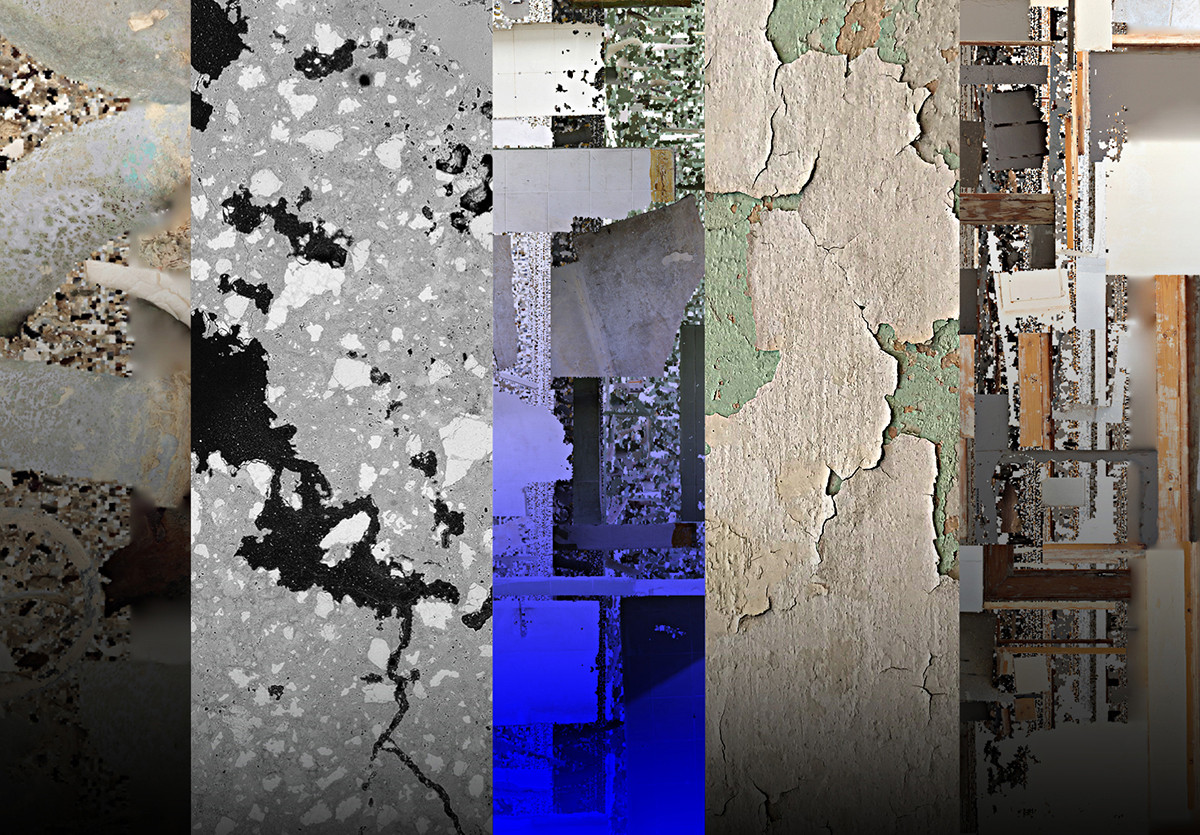Centre for Documentary Architecture
The exhibition shows new research, material analysis and film documentations from the archive of the Centre for Documentary Architecture, engaging with the history of modernism, its history of exile and transfer as well as its various afterlives and reinterpretations. Exemplified through case studies that aim to map the politics and logistics of the transfer of building materials from Germany to British Mandate Palestine in the 1930s, that was promoted among others by the controversial Haavara Agreements between the German Ministry of Economy, the Zionist Association of Germany and the Jewish Agency for Palestine, architecture is presented as a nexus and document of historical and political connections.
In view of the overwhelming international response to the Bauhaus anniversary in 2019 the exhibition also questions the political dimension of the term »Bauhaus Modernism« and examines the complexity of modernism’s history of exile and migration between Germany and Palestine. Preservation studies, presented in the exhibition, quite literally scratch on the surface of the facades of the so-called »White City« Tel Aviv. Using the example of the »Liebling Haus« (architect: Dov Karmi, 1937), the deep layers of paint and building materials reveal the history of the city’s construction in the context of migration and exile as well as its politicisation and commercialization. The exhibition’s conceptual matrix is organized along two axes: matter and data, which connect film documentations, archival studies, material analysis and digital building documentation in both tactile and media presentations.
The Centre for Documentary Architecture (CDA) is an interdisciplinary research network composed of architects, filmmakers, artists, programmers, historians and theorists who undertake a number of collective and individual research projects in contested areas or historical periods where architecture could be understood as a registrar of political relations and transformations.
Opening: 30 January 2020, 7 p.m.
Welcome:
Ulrich Müller (Architektur Galerie Berlin)
Introduction:
Ines Weizman (Centre for Documentary Architecture)
Tom McCarthy (Author)
